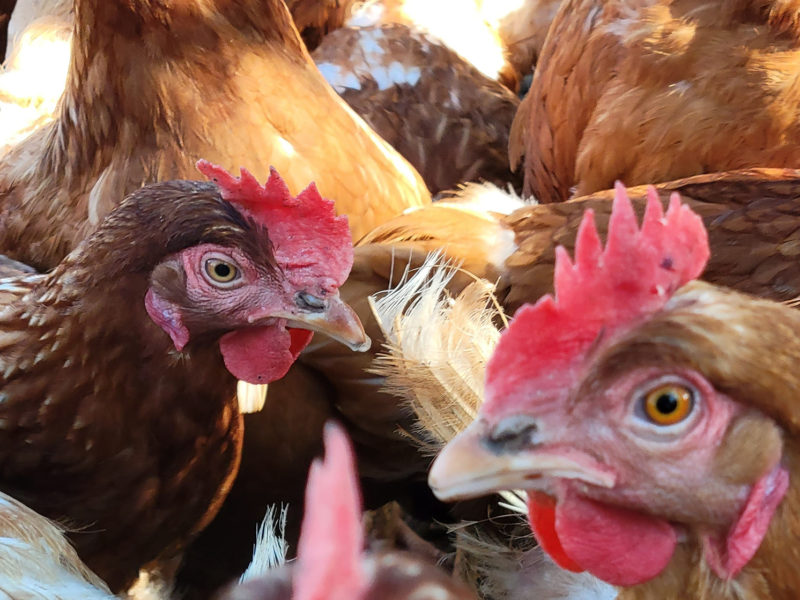Commercial poultry flocks across the province will be in lockdown for another month to protect them against the highly pathogenic H5N1 strain of avian influenza.
The province’s deputy chief veterinarian, Dr. Robert Cooper, extended the province-wide order requiring that commercial poultry producers keep their flocks indoors through June 13. Originally issued April 15, the order was set to expire May 13.
The order was extended May 10 following a review of the avian influenza situation in the province. The original order was set to terminate shortly after the end of spring bird migrations, but ongoing investigations into outbreaks across the country warranted an extension of the order.
“The B.C. Poultry Association (BCPA) has introduced the highest biosecurity ‘code Red’ standards to support producers taking actions in limiting the spread of the virus,” the order states. “In addition to the actions being taken by the BCPA, further government actions to limit direct contact between wild birds and commercial poultry are warranted.”
Seven flocks in the province have tested positive for the H5N1 strain since April 13. All but one were in backyard flocks, which are not required to be kept indoors. The latest cases were reported May 4 in the North Okanagan and Kelowna. Five flocks with a total of 53,000 birds have been depopulated.
Speaking to Country Life in BC last week, federal agriculture minister Marie-Claude Bibeau emphasized the need of backyard flocks to follow proper biosecurity protocols.
“It’s important to remind those who have these backyard flocks to be extremely careful,” she says. “The big commercial installations know about all these biosecurity measures, but some smaller ones don’t necessarily have these measures in place.”
The ongoing provincial order in BC allows small-lot growers to continue pasturing their birds outdoors provided they adhere to biosecurity protocols outlined in a guide the Small-Scale Meat Producers Association developed.
While the Canadian Food Inspection Agency is leading the investigation, the recent reopening of the Animal Health Centre in Abbotsford following November’s flood will assist in diagnostics.
“The Canadian Food Inspection Agency re-certified the foreign animal disease laboratory in late April, which allows the resumption of testing for diseases such as African swine fever and avian influenza,” the province says, noting that this will allow for faster response times during emergencies.


 Plan drafted for BX Ranchlands
Plan drafted for BX Ranchlands